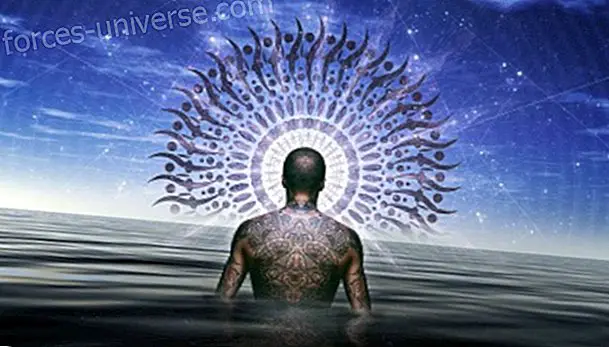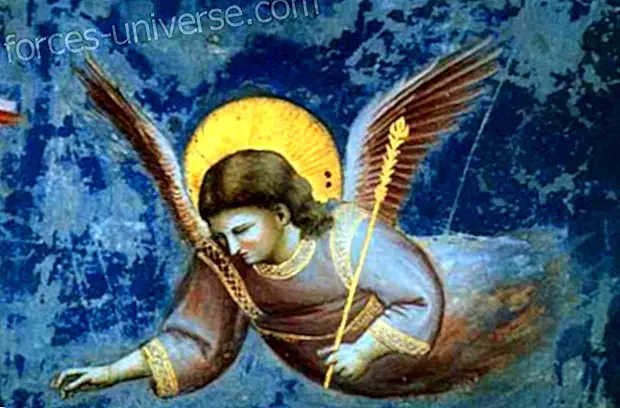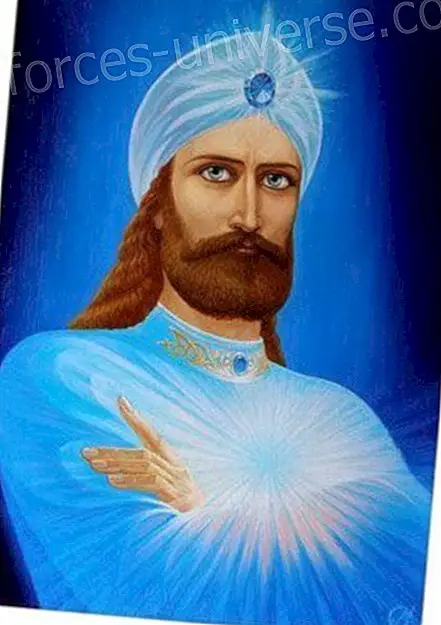Roman mythology is formed by the complex relationships between deities and humans. As we have seen with other pantheons, today we focus on the Roman gods . Who were these powerful beings?
The mythological beliefs of the inhabitants of Ancient Rome were based on two different, but complementary, aspects. On the one hand, there are the myths, rituals and ancestral cults they practiced. On the other, there is the influence of Greek mythology with all its idiosyncrasy.
Ancient roman beliefs
Archaic Roman mythology, as far as the gods are concerned, was not constituted or conformed by stories. It was the interaction and entanglement of the complex relationships between gods and humans .
They had a very elaborate system of rituals and priestly schools, as well as an extensive set of historical myths about the foundation and splendor of the city, where humans appeared and sometimes there were divine interventions.
The god Ceres, they believed, was grouped in a triad with two other agricultural gods: Líber and Libera. Of them the attributions and functions they had and their interrelations with humans were known for sure.
Sarritor was summoned in the weeding, Messor in the harvest, Convector for the transport, Conditor for the storage, Insitor in the sowing and thus with several tens of other gods that intervened in the affairs of men .
In the process of rituals for specific events, dozens of Roman gods were invoked, since each one had its own domain.
In the general process of sowing-harvesting they appear interacting and confirming the myth and renewing the belief.

These minor gods were grouped as assistant or auxiliary gods and their function was very specific and specific. The general population, however, did not know much more about their gods than their names and functions .
The Roman gods represent real life
In those times, the Roman gods represented the yearnings and practical needs of daily life . The population scrupulously surrendered to fulfill rites and offerings suitable for their deities. So it was then that they got protection, help and fortune.
- Jano and Vesta protected the door and the home.
- The Lares protected the countryside and the house.
- Pales took care of the pastures.
- Saturn directed the sowing.
- Ceres controlled the growth of the grain.
- Pomona was dedicated to fruits.
- Consus took care of the harvest.
On occasion, even J piter, the king of the gods, was honored for the help his rains so generously provided to farms and vineyards.
The ray that made its way through the heavens was the director of human activity and the main protector of all Romans who made military expeditions beyond the borders of Your own country.
At the top of the primitive pantheon was the triad of J piter, Mars and Quirino . They were also Janus and Vesta.
All these gods had little individuality, in their stories no marriages or any kind of genealogies appear. Everyone thought that they did not work in the same way as human mortals and that is why there are no accounts of their personal activities.
This primitive cult is directly associated with Numa Pompilio, the second king of Rome, who consorted and advised the Roman goddess of fountains and births, Egeria, which will be identified as a nymph in almost all sources literary later.
The foreign Roman gods
As the Roman state conquered neighboring territories, it absorbed local deities and they were granted equal honors as their own ancient gods.
The deities of the conquered region were formally invited to move their home to new sanctuaries in Rome .
These actions allowed a considerable increase of foreigners in the city, since the Roman authorities allowed to continue with the worship and worship of the newly incorporated gods .
So it was that Mitra arrived in Rome and her popularity reached as far as Brittany. The god Sun Invictus, which derives from Mithraism, had a significantly extended cult among the Roman military and combatants from the third century.
It is represented in some coins minted by Constantine I the Great.
Main Roman gods and Greek gods
Jupiter - Zeus
The father of the Roman gods and men . Sovereign of the heights and the one who administers justice. Throw the lightning and pile up the clouds.
He is the main Roman god, his main protector and from whom all power emanates. He is the son of Saturn, whom he dethroned, and Ops. It is usually represented with a scepter, lightning or an eagle.
Its attributes are: the eagle, the lightning and the scepter.
Juno - Hera
Queen of the gods Marriage and family protector .
Jupiter's wife and part of the Capitoline Triad . He headed with Jupiter the Roman pantheon. She is the mother of Mars, Vulcano and Lucina. She was the goddess of motherhood and all women entrusted her protection.
Its attributes are: the peacock and the crown.
Neptune - Poseidon
God of the seas, horses and earthquakes .
He has always been characterized with his horses and his trident. He was the eldest son of Saturn and Ops. He was able to cause storms, storms and earthquakes . All species of aquatic living beings paid homage.
Its attributes are: the trident and the car.
Minerva - Athena
Goddess of intelligence and fair war . Protective of public institutions, sciences and arts. Patron of the artisans.
Daughter of Jupiter, she is represented with a helmet, spear and shield.
Its attributes are: the helmet, the shield, the spear, the olive tree and the owl.
Mars - Ares
God of war and combat .
Son of Jupiter and Juno. Represented as a warrior with armor, helmet and a spear in his hand. He was considered father of Romulus and therefore also of all Romans.
Its attributes are: the sword, the shield and the helmet.
Venus - Aphrodite
Goddess of fertility, love and beauty . She was frequently depicted with the apple of discord. His cult spread significantly in almost all Roman festivities.
Its attributes are: the dove, the sword and the seashell.
Febo - Apollo
God of light, of poetry, of music, of prophecy and medicine .
Son of Zeus - Jupiter and Diana's brother. He was one of the most revered gods of Rome . Zeus himself was the only one able to stop him. He was presented as a strong and naked young man who could sometimes carry a quiver with arrows or a lyre. It was the famous oracle in Delphi.
Its attributes are: the lyre, the bow and the arrow.
Diana - Artemis
Goddess of hunting, virginity, moon and peace .
Daughter of Zeus - Jupiter and Latona, twin sister of Febo. He remained forever young and virgin by concession from his father. It is the reason why she is considered a representative of chastity.
Its attributes are: the moon, the silver bow, the arrow and the quiver.
Mercury - Hermes
God of commerce, protector of the roads and guide of the traveler .
He was the son of Jupiter and Maia Maiestas. He was the messenger god. Protector of merchants and travelers, shepherds and herds.
Its attributes are: the Pegasus, the caduceus, the allied sandals and the purse.
Bacchus - Dionysus
God of wine and dance. Inspiring delirium and ecstasy .
SON of the god Zeus - Jupiter and the human Semele. It is usually represented by raising a glass of wine or carrying a bunch of grapes. Its origin is not very clear and the Greeks themselves considered it from a distant country.
Its attribute is: the tirso.
Vulcan - Hephaestus
God of volcanoes, fires and blacksmithing .
He was the god of fire and the creator of the weapons of the gods and heroes. He married Venus but was unfaithful to Mars. He is usually represented as an elderly man, strong but lame and unpleasant in appearance.
Its attributes are: the anvil and the hammer.
Pluto - Hades
God of the dead. Lord of the underworld .
Son of Saturn and Ops. He was the god of the underworld, of hell and the dead. He was especially feared and respected by all since every living being was going to end up in his domains. No one ever revealed himself against him.
Its attributes are: the ebony crown, the ebony throne and a carriage drawn by four black horses.
Seen in Mare Nostrum, by Pedro, editor of the White Brotherhood
https://es.marenostrum.info/index.php?title=Principales_dioses_romanos







